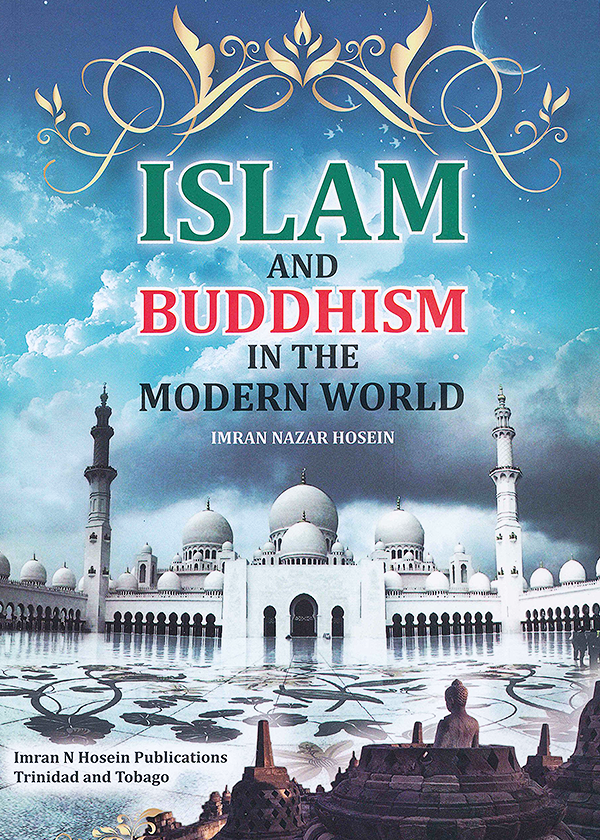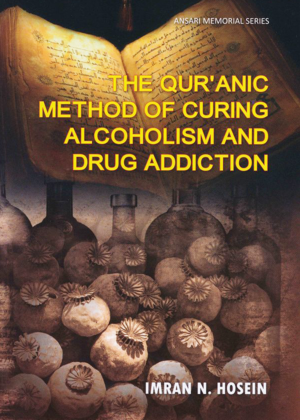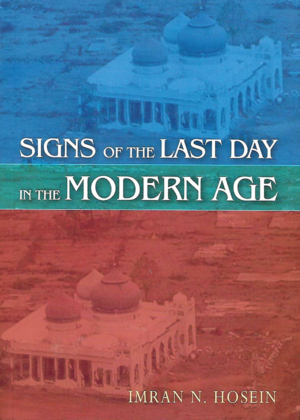It is quite possible that Hinduism, in one or more of its many strains, emerged in history as authentic religion founded on revealed truth. It must certainly have been monotheistic. Over a period of time, that monotheistic truth was corrupted with belief in various gods and goddesses, and with the popular embrace of the worship of idols. The corruption of truth led, in turn, to the corruption of values. Buddhism is essentially a revolt against that corruption of values.
Buddha arose to set the perspective aright. It was because of this background that he confined his teachings to moral conduct,and refused to discuss metaphysics. The revolt against corruptions in Hinduism is enshrined in the movement of the religious consciousness to a free and dynamic ‘self-dependence’ in Buddhism. Buddha, like Muhammad and Jesus (السلام عليهم )set the individual free. Anyone can attain salvation. Salvation is not restricted to the priestly caste of Brahmans.
The basic defect of Buddhist ethics is that it lacks metaphysics. It ignores man’s emotional nature, his religious consciousness. Man, in his moral struggle, craves for a source of unfailing hope and comfort. This can only be provided with the concept of a compassionate, loving, forgiving God who is full of grace, and with a system of rewards and punishments balanced in favour of good. Islam provides both; Buddhism provided neither, and has paid the price for it.








Reviews
There are no reviews yet.